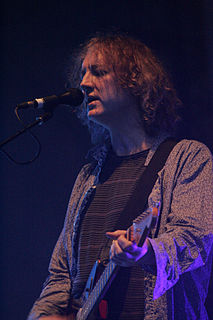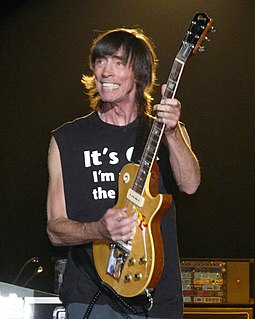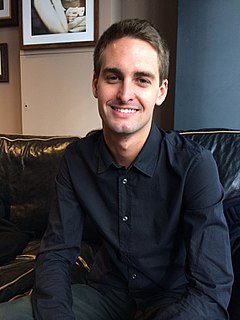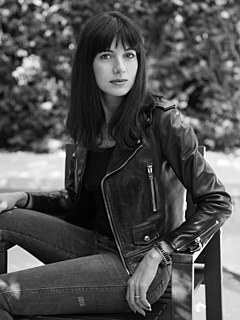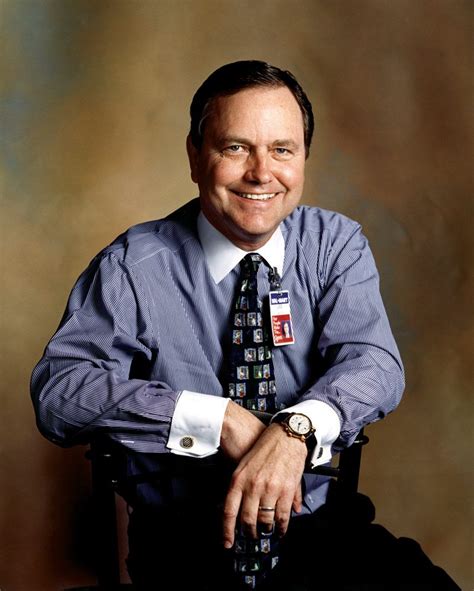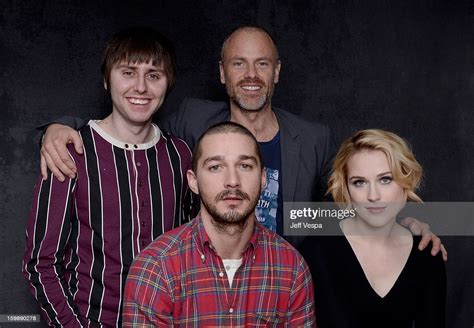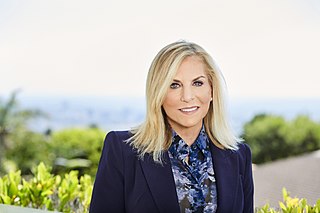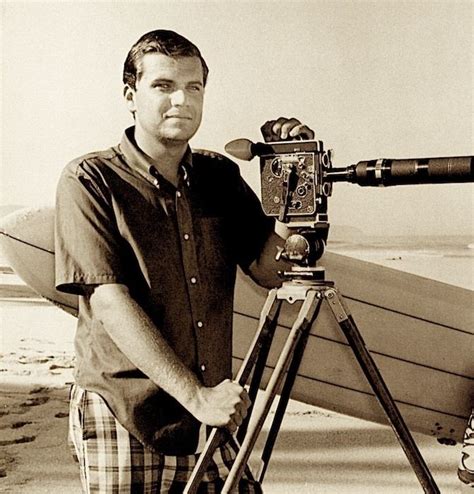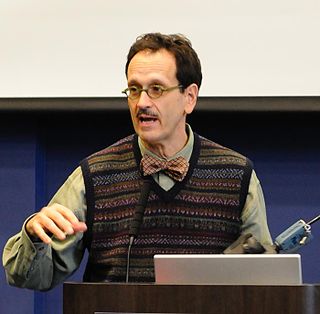A Quote by Kevin Shields
Digital might capture the dynamics of what I heard before it went to tape a bit more accurately, but on the other hand, when we'd switch from listening to the digital version to the analog, the change was so profound - the music would suddenly go three-dimensional, and it felt much more engaging.
Related Quotes
I don't do anything digital. Everything is analog, and that's a limitation for me. However, in my world, it's not a limitation at all because I don't create the type of music that would generally be created by musicians that work with digital recording studios, and/or digital equipment, as far as production is concerned.
I'm always looking for older equipment and ways of recording, but you can't escape the fact that it's all going to be digitized and reduced. I do think music sounds better when it's on tape and more simply recorded. I've been arguing with people for 10 years about tape versus digital, and I believe tape is absolutely essential in getting the sound that's conducive to the enjoyment of music. I wonder if it's going to go back to that. Sometimes I think it has to. As music becomes more computer-based, it's lost some emotional impact.
Being the recent accessibility of rare vinyl and cassette music via blogs, as well as the digital backlash which is driving more people to crave the tangible - most of these minimal wave releases are hand-numbered vinyl editions, which adds another level to the listening experience. They can listen to an LP and it's there for them to look at, examine its cover art, and hold whilst buying and downloading music in digital form remains such an ephemeral experience.
The advertising marketplace is moving rapidly into digital videos. We know that by 2018 it is estimated that it will be a $12.2 billion business. We've been seeing the agencies combine their digital video spend with television spend and put it under one spend and just calling it "video." The pool of money is becoming much bigger. The comparisons between television and digital video are being made much more often because you can account for who's watching, you can't fast-forward through the commercials. There's a much more intimate relationship with someone watching digital video.
The inherent non-linearity of the digital allows for more input from others, including the subject and reader as collaborators. The top-down, bedtime-style story is of limited use. A non-linear narrative that allows for increased complexity and depth, and encourages both subject and reader to have greater involvement, will eventually emerge more fully from the digital environment. This, in a sense, is the more profound democratization of media.
